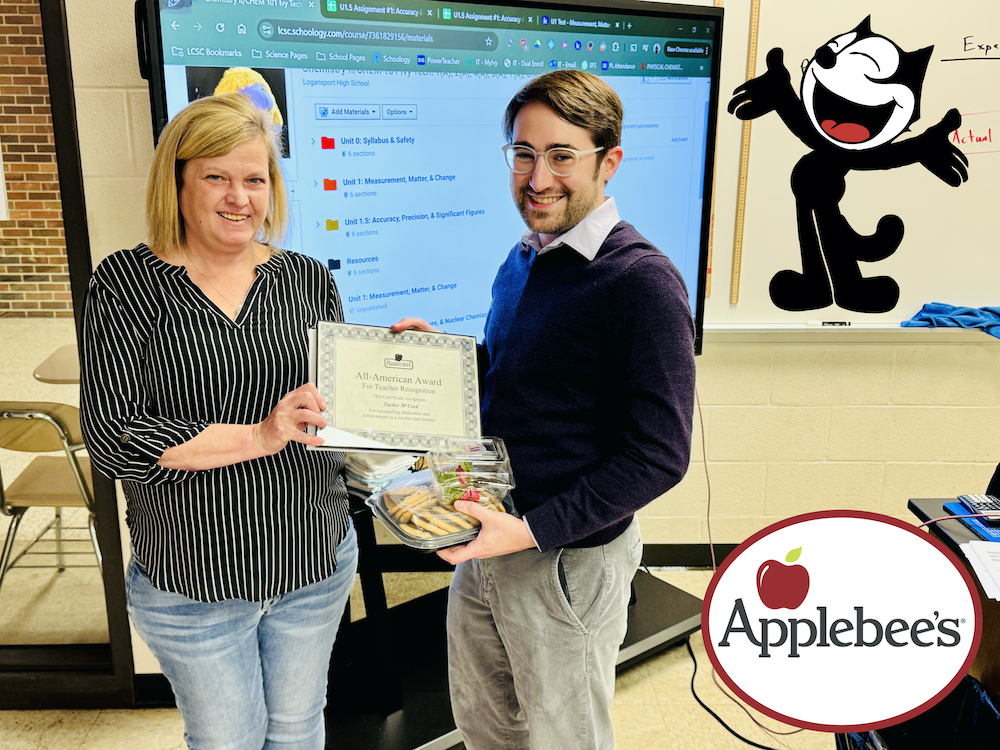Acne is arguably one of the most unfortunate symptoms of puberty, but unfortunately, it’s not just a component of puberty, but of life. All types of skin care products are out there to help every skin type or circumstance, but the world of skincare is a hard and overwhelming one to navigate.
There are so many different types of skincare, along with money-grab products that promise certain results but instead might cause other problems. Building more on that, even with the absence of acne, one might be using products or methods that could work for treating acne, but be detrimental to the overall condition and health of skin. Exploring all of the different skincare methods available is essential to finding the perfect routine and products that will yield clear and healthy skin.
First and foremost, with whatever products you do use, the order in which you apply them matters. The order in which you apply each product dictates your skin’s ability to soak it up, so you want to apply them based on the weight of each product on your skin. The recommended order to apply skincare according to dermatologist Kiyanna Williams is cleanser, toner (if you use one), sunscreen and then moisturizer, at least for the morning routine. Nighttime entails a different schedule. Dr. Williams recommends this nighttime routine: cleanser, moisturizer, retinol products for glowy skin, and then blemish care. Blemish care is best dealt with with pimple patches, the different types listed here.
Moving on to cleansers, whether one’s skin is oily, dry or a combination of the two can alter which specific cleanser will best suit their skin. Water-based cleansers are lighter and don’t add more oil to the face, thus being suited for oily skin. The term “non-comedogenic” refers to water-based skincare that doesn’t clog pores, which directly results in less acne. According to Dr. Davin Lim of Cutis Dermatology, one should look for cleansers rich in petrolatum, lanolin, squalene and ceramides for dry skin. Finally, for combination, a gel cleanser is recommended for removing excess oil.
A skincare step that is often missed is sunscreen, which is actually quite important in a skincare routine. Not only does it even skin tone, but protection from the sun always improves the health of one’s face. An SPF of at least 30 is recommended for everyday use, but an increased amount of time outdoors requires an SPF of 60 or greater. Again, there are many different brands of sunscreen that cater to different needs, and the three different skin types listed above.
Moisturizers being a subject of little research are also extremely important. While analyzing what brands are best for dry, oily or combination skin as before is crucial, research on the different classes on them could also prove helpful. Emollients, humectants, occlusives and protein rejuvenators have extensive purposes detailed here.
Moisturizing is actually better emphasized in Korean skincare, which is why many claim it yields successful results. TikTok user @glasskinco is a Korean skincare company that claims to emphasize hydration while promoting gentle cleansing and exfoliation. Many think this is a skincare venture worth looking into to achieve healthy “glass” skin.
Moving on to retinols, topical retinoids help with acne but can also serve many medical purposes. There are six classes of these, and a dermatologist or this source could help navigate the uses of these different types and which retinol will treat one’s face best.
In terms of methods, social media has allowed some people to come forward and tell their stories about other elements of skincare they didn’t consider were leading causes of their acne or damaged skin. TikTok user @movewithjames shared his story of how he looked into the water he was using to rinse his face when cleansing. He discovered that the water was actually the sole reason for his acne after switching to distilled water. Water hardness details how many milligrams per liter of minerals are in one’s water. The higher the water falls on the water hardness scale the less reliable it is to fully rinse cleanser off of one’s face. The lingering cleanser due to water hardness clogs pores and therefore, causes acne.
This author actually switched to distilled water as a result of this video and looking up Logansport, Indiana’s water placement on the water hardness scale. The area around Culligan of Logansport is considered very hard at over 18 grains per gallon, a concerning and shocking discovery that contributed to this author’s switch and recommendation of this method.
Everyone’s skin is different, making good skin care that much harder for the average person to access, but with the help of a dermatologist, the sources listed above, and social media users sharing their experiences with skincare, it’s possible to find the perfect products and routine.














